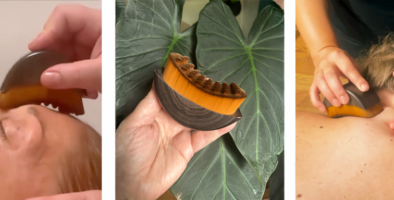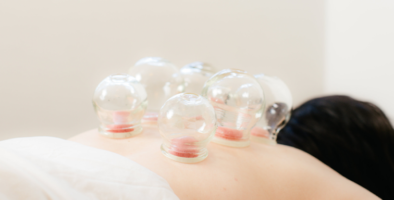What Helps Sore Muscles After a Workout?
Maximize your exercise recovery with these tips.
Looking for ways to bounce back faster after your workouts, improve your flexibility, minimize muscle soreness, and boost your performance? Recovery is vital and should be as much a part of your routine as the exercise itself. These effective post-workout recovery strategies help muscles recover faster and prepare your body for its next sweat session.
Just remember to always tune in to what your body tells you, and feel free to tweak these tips to suit your unique needs and preferences.
Meditate or Breathe Deeply to Calm Music
Right after your workout, take 5-10 minutes to meditate or practice deep breathing exercises, ideally with soothing music to help shift your body from workout mode to a relaxed state. Yoga Nidra, or yogic sleep, is also a powerful technique for deep relaxation.
Hydrate, Hydrate, Hydrate
Water is essential for muscle recovery. Aim to drink about 1.5-3 liters of water a day to stay hydrated and help ease muscle tightness.
Get Good Sleep!
Sleep is so essential! Most people need at least 7-8 hours of sleep per night for optimal recovery. During sleep, your body repairs muscle tissue and restores energy levels.
Eat Enough Protein in Your Overall Diet
Protein is crucial for muscle repair and growth. Aim for approximately 1 ounce of protein per pound of body weight daily to ensure your muscles have the necessary building blocks to recover and strengthen after a workout.
Eat or Drink a Post-Workout Protein
Grabbing a protein-rich snack or shake shortly after your workout can jump-start the muscle repair process. Keeping up with your protein intake is an easy way to replenish your energy and promote muscle recovery.
Call In the Experts
Sometimes, it’s nice to throw some professional help into the mix. Manual therapies such as deep tissue massage and Advanced Myofascial Therapy can significantly ease muscle soreness. These experts can pinpoint and treat the specific areas that need attention, improving blood flow and flexibility.
Try Acupuncture
This traditional Chinese medicine technique seems to help with muscle soreness. People who got acupuncture after working out had less muscle soreness than those who didn’t. Acupuncture also appeared to lower the creatine kinase levels in the blood; high levels can be a sign of muscle damage.
Cold Plunge
Consider incorporating cold plunges into your routine. Many athletes do this because they believe it helps reduce muscle stiffness, get rid of tiredness, lessen muscle damage from exercise, and help them perform better in sports next time. And some studies support that hopping in a cold shower right after exercising can help reduce how sore you feel and how tired you are. A few minutes can kick-start the recovery process.




